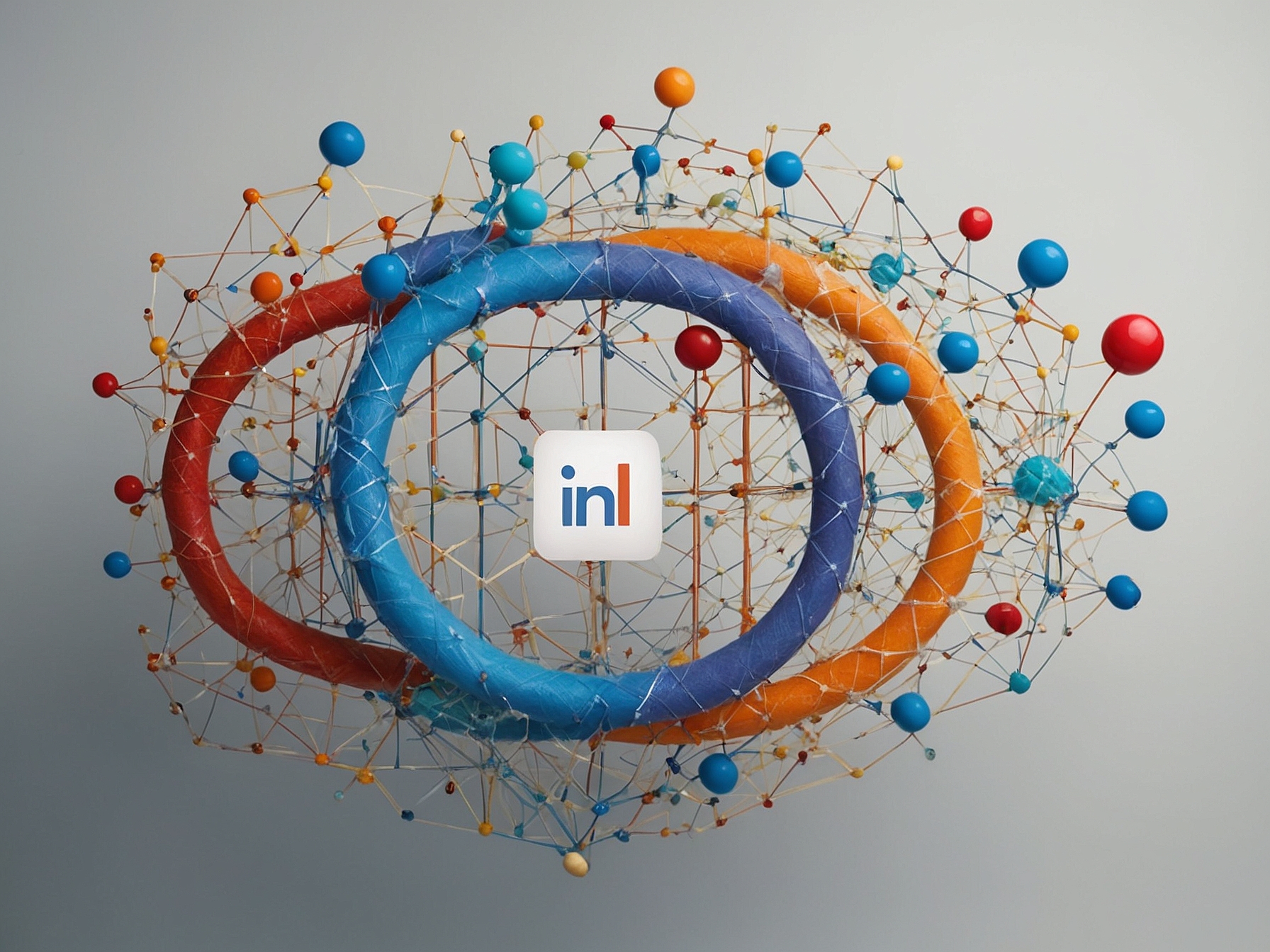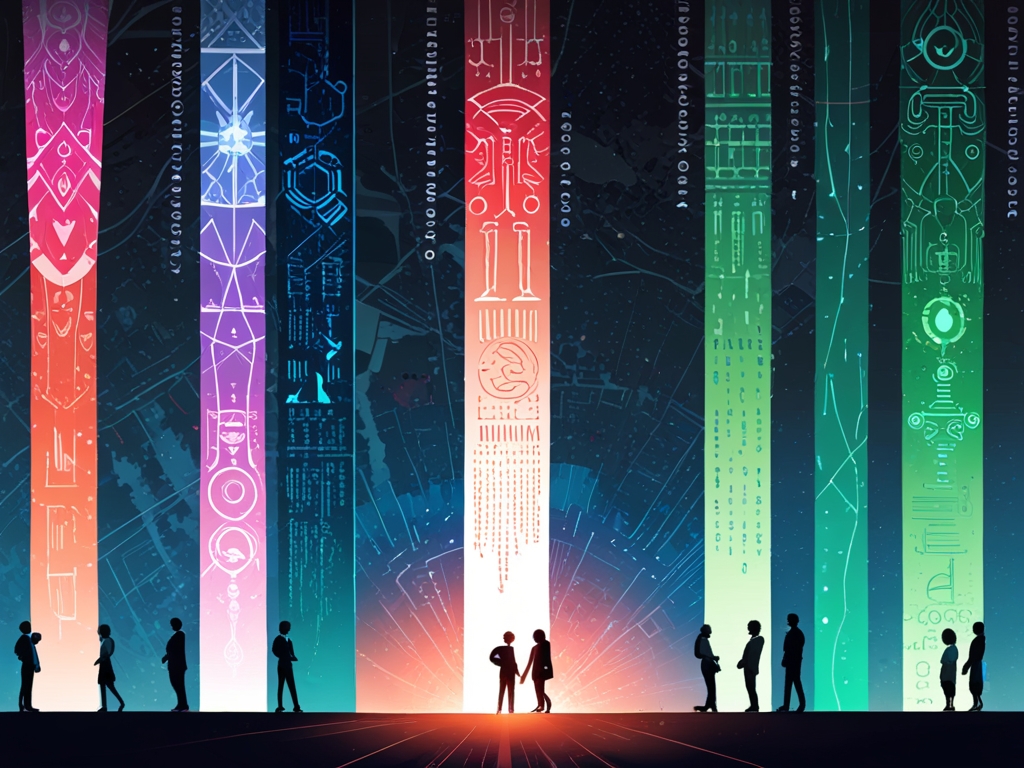The singularity is here, it’s just not evenly distributed yet. Long views on AI, Part 4

“How can AI work to shape a future worth living around the world?” A 2025 – 2026 review through the lens of Knowledge Management, Graphs, Communities, Ontology, Connected Thinking and Pragmatic AI. By George Anadiotis When OpenAI CEO Sam Altman admitted we’re in an AI bubble in August 2025, I wasn’t surprised. I’d been watching the […]
Read More →The Seven Principles of Pragmatic AI: From AI Literacy to AI Proficiency

Foundational. Evolutionary. Practical. Sustainable. Contextual. Interactive. Responsible. 🧠 You don’t have to be a data scientist to benefit from AI. People who understand AI broadly and can apply it flexibly thrive. This is Pragmatic AI 📚 Start with AI Literacy, and move towards AI Proficiency 👥 Learn the first principles of data and AI, build […]
Read More →Pragmatic AI adoption: From AI literacy to futures literacy

What does it mean to be pragmatic about AI adoption, while staying true to the values and mission driving people and organizations? By George Anadiotis When Elisa Lindinger decided to talk about AI, her intention was to say what she had to say once, and then move on with her life without having anyone ask about […]
Read More →Beating Big Tech with graphs: Spend less on Ads, get better SEO

An unconventional way to optimize your marketing campaign, spend less on Ads and get better SEO results for free. By George Anadiotis A letter from the founder. On evolution, markets, growth, business models, content, marketing, Ads, SEO, and graphs. When I started the Year of the Graph back in 2018, I was pretty green as far […]
Read More →Breaking the AI bubble: Big Tech plus AI equals economy takeover

Whether we like it or not, and despite tales of its powers being greatly exaggerated, the AI genie is out of the box. What does that mean, and what can we do about it? By George Anadiotis In another twist of abysmal AI politics, OpenAI CEO Sam Altman just admitted that we are in an AI bubble, and […]
Read More →Knowledge Graphs as the essential truth layer for Pragmatic AI

Organizations are facing a critical challenge to AI adoption: how to leverage their domain-specific knowledge to use AI in a way that delivers trustworthy results. Knowledge graphs provide the missing “truth layer” for AI that transforms probabilistic outputs into real world business acceleration. By George Anadiotis • 🚀 AI adoption is accelerating, but most implementations fail […]
Read More →The Six Pillars of AI Literacy: From Regulatory Compliance to Hands-on AI

The clock for AI Literacy is ticking. Why should you act now, what are the six pillars of AI Literacy, and how can you build on those? • 📜 AI literacy is a legal requirement as of February 2025 • 🎯 Six core competencies define AI literacy: Recognition, Understanding, Application, Evaluation, Ethics, and Creation • […]
Read More →Are we entering the era of Peer to Peer AI? Long views on AI, Part 3

“Please consider the advent of DeepSeek as a historical pivot to the era of ‘Peer to Peer AI’”. This quote is from Michel Bauwens’ essay “AI and the Advent of the Age of the Brahmin Workers“. Bauwens is the Founder of the P2P Foundation, a network investigating the impact of peer to peer and commons dynamics in our […]
Read More →AI Chips in 2025: The end of “more GPUs is all you need”?

It’s early 2025, and we may already be witnessing a redefining moment for AI as we’ve come to know it in the last couple of years. Is the canon of “more GPUs is all you need” about to change? By George Anadiotis What an unusual turn of events. First, the Stargate Project. The joint venture […]
Read More →Reviewing 2024, Previewing 2025: Technology, Data, AI, Media, Interconnectedness, Graphs, and Cosmo-localism

As the year draws to an end, it’s a good time to take stock of how it started vs. how it’s going on the micro and the macro level. It’s also a good opportunity to try and answer the top two questions I get: What is it that you do, exactly? Where do you think […]
Read More →